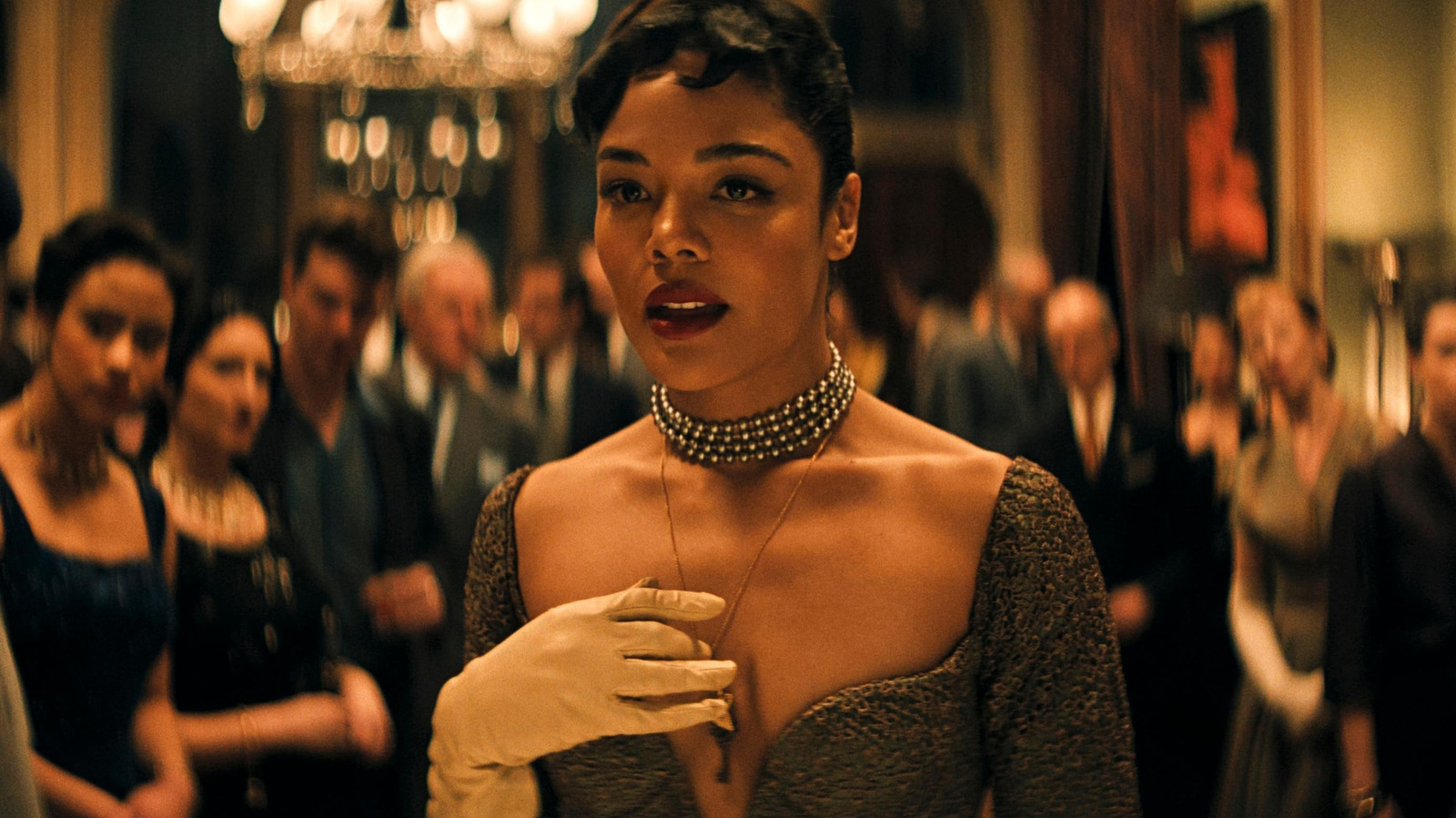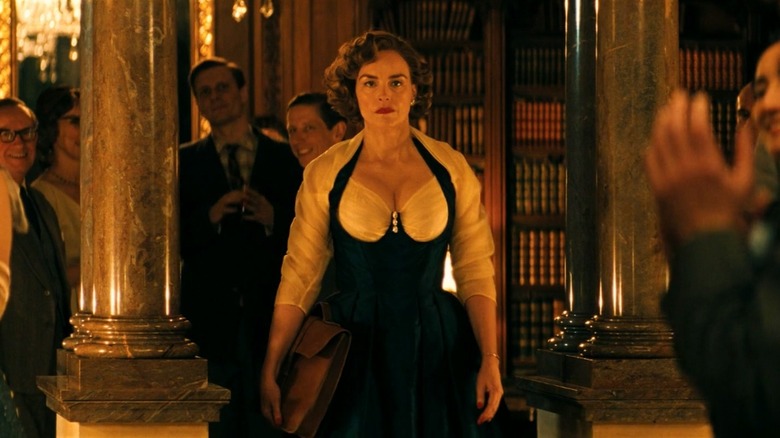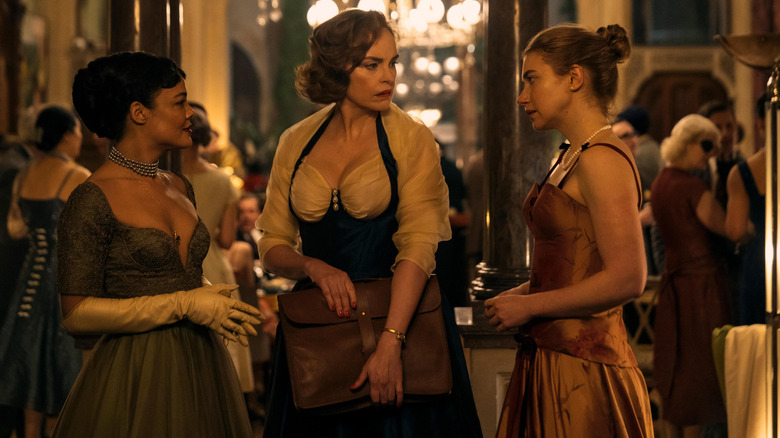Streaming providers have been a game-changer by way of accessibility, permitting audiences who might need by no means seen (or in lots of instances, even heard about) a movie had it not been available to look at it from the consolation of their sofa. Sadly, it is also led to an oversaturated market the place a whole bunch of titles are competing for eyeballs on the identical platforms, that means even a number of the finest movies launched in a given yr are left to languish within the shadows of titles given bigger advertising budgets. To fight this distressing actuality, it is extra essential than ever for any of us with a modicum of affect to be as loud as potential to attract consideration to the must-see new releases and assist fight the cluttered avalanche of “content material” that overwhelms us into alternative paralysis and leads us to rewatching our favourite sitcom for the fifth time as a substitute of searching for out one thing recent.
Which is why I am right here to encourage you to hunt out Nia DaCosta’s “Hedda” on Prime Video, among the finest movies of 2025 that was unceremoniously launched on the platform to little fanfare on October 29. Nearly all of individuals seemingly solely know DaCosta’s work on the “Candyman” sequel and her changing into the highest-grossing Black feminine director because of “The Marvels,” which is a disgrace contemplating her first function, “Little Woods,” was, as Hoai-Tran Bui wrote for /Movie, “an astonishing debut.” After two high-profile franchise movies and forward of her journey into “28 Years Later: The Bone Temple,” due out in January 2026, DaCosta is again to the place she began — writing and directing on her personal and giving Tessa Thompson career-best materials.
“Hedda” is a bisexual and biracial replace of Henrik Ibsen’s 1891 play “Hedda Gabler,” and the result’s entrancing chaos in one of the best ways potential.
Hedda is a traditional reimagining accomplished proper
“Hedda” performs out like a fever dream of decadence and despair, swapping Ibsen’s parlor for a mid-century extravaganza of Gatsby-esque extra. All of the drama sometimes relegated to the offstage by way of calls is now thrust into the lavish house Hedda can’t afford, ramping up the strain of a narrative about home confinement right into a risky spectacle the place class pressure, queerness, and insurrection conflict below the burden of postwar respectability. Thompson performs Hedda deliciously, contrasted with perfection by her milquetoast husband George (Tom Bateman), an instructional she’s married for comfort, and who accepts that he’ll by no means be capable to discover one other girl as stunning or as attention-grabbing. Not not like Marie Antoinette, Hedda masks her boredom with opulence, internet hosting large events to distract her from the truth that she’s residing a lie.
All of it involves a head when she throws an amazing soirée the place her husband is making an attempt to impress a possible employer at a college, which might enable them to fix their dwindling funds. Nonetheless, he is up in opposition to Eileen Lovborg (Nina Hoss), the mental rival (and Hedda’s former lover) now partnered with the timid, albeit devoted Thea (Imogen Poots), Hedda’s former schoolmate. The reunion ignites a spiral of feelings like lust and jealousy, however principally Hedda is on a mission to get what she needs with out ever truly expressing her needs and with completely zero concern for anybody who will get burned within the course of. That is what makes her such an enchanting character: Hedda devours others to fill the void inside her, and there is a purpose this character has been performed by numerous greats (Cate Blanchett, Maggie Smith, Fiona Shaw, Annette Bening, Ingrid Bergman, Isabelle Huppert, and Diana Rigg, as an example), however DaCosta’s reimagining gives a brand new avenue for her complexities to pore over.
Hedda is for many who yearn to burn all of it down
Whereas Thompson is the tour de drive on the middle of the movie, DaCosta shapes her forged with the grace of a filmmaker portray in movement. Nina Hoss’ Eileen radiates as the previous lover that Ibsen initially imagined as a person, however the shift in gender presentation permits for a deeper, extra considerate exploration of the place of girls who refuse to satisfy conventional gendered expectations in conduct or want in a patriarchal society. Eileen, tempered by the grind of a patriarchal establishment, has clawed her means towards recognition. Against this, as a Black girl, Hedda faces opposition that Eileen won’t ever must encounter, and the movie has no drawback figuring out that on this new century, progress has dressed itself up in modernity, however DaCosta’s lens burns via the phantasm that issues are “higher.”
Higher for whom?
Though the movie is about within the Fifties, DaCosta filmed within the real-life Flintham Corridor Manor, reminding the viewers that, just like the supply materials, the establishments preserving us caged have existed longer than any of us watching it have. By taking a beloved traditional work of theatre and intertwining reflections on identification, race, and privilege into the drama on the middle of the occasion, “Hedda” expands the scope of the unique story and brings new that means to the road, “It is a launch to know that in any case, a premeditated act of braveness continues to be potential.”



